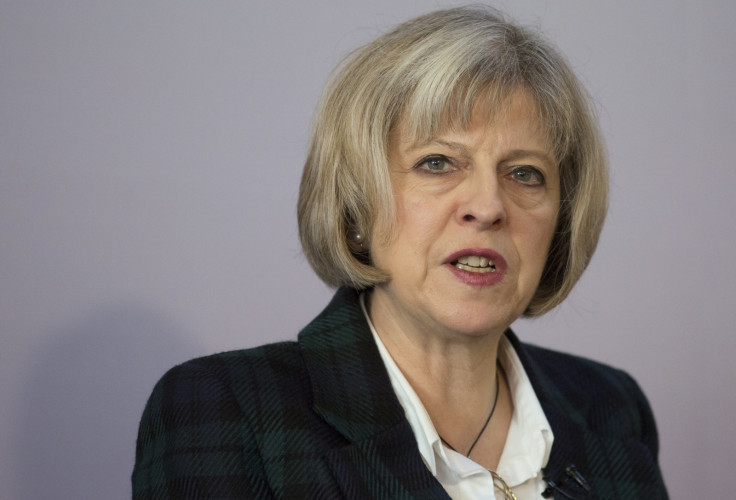Government's plans to combat extremism compared to 'game of whack-a-mole'

The government's new plans to stop Britain being a "passively tolerant society" in order to battle extremism will only address the symptoms of radicalisation, according to a counter-terrorism think tank.
David Cameron will outline his proposal to tackle "poisonous Islamist extremist ideology" at the National Security Council (NCS) before delivering them during his Queen's speech on 27 May.
His plans to make it "impossible for the extremists to succeed" include banning radical organisations, closing down premises used by extremists. There are also plans to introduce banning orders for extremist organisations who use hate speech in public places but whose activities fall short of it being proscribed a terror group. The aim is to restrict those who wish to radicalise young people.
However, the plans have been compared to a "game of whack-a-mole" which will not deal with the causes of radicalisation.
Jonathan Russell, from the Quilliam Foundation think tank, said: "I welcome the shift from counterterrorism to focusing on extremism but I still think the measures will tackle the symptoms rather than the causes of the problem.
"The danger here is that we negatively alter the balance here between national security and civil liberties, between counterterrorism and human rights.
"I don't think it will tackle radicalisation, it won't change the numbers of people who are attracted to this poisonous ideology and I don't think it will attack the ideology itself.
"There is a role for disruption, but my problem is that too often since 9/11 it has looked like whack-a-mole ... We shouldn't negatively alter the fabric of our society when looking to tackle it."
Russell added there needs to be more "engaging with communities" and building resilience among institutions in order to prevent people from being radicalised.
The proposals were first introduced by the Home Secretary Theresa May before the general election, but they were unable to be backed by the Tory's then coalition partners, the Liberal Democrats.
Speaking to BBC Radio 4's Today programme, May defended the plans amid concerns they undermined the principle of free speech.
She said: "This is a difficult area and it is an area where we do have to be careful about how we draft the legislation to make sure that it does cover what we want it to cover, but still enables free speech to take place. This isn't an easy measure to bring in, it is something that has to be looked at very carefully. We are very conscious of the need to still maintain that value of free speech."
May added: "But it will be part of a bigger picture, a strategy which will also have as a key part of it actually promoting our British values, our values of democracy, rule of law, tolerance and acceptance of different faiths.
"This is a great country to live in, we have a pluralistic society, we are one nation living together. But sadly, there are those who seek to divide us - the extremists of all kinds. There's Islamist extremism, neo-Nazi extremism, trying to preach hatred and intolerance and challenge the values that underpin our society - values of democracy, tolerance, freedom, the rule of law.
"What we are proposing is a bill which will have certain measures within it, measures such as introducing banning orders for groups and disruption orders for individuals, for those who are out there actively trying to promote this hatred and intolerance which can lead to division in our society and undermines our British values."
At the NCS, Cameron will say: "For too long, we have been a passively tolerant society, saying to our citizens: as long as you obey the law, we will leave you alone.
"This Government will conclusively turn the page on this failed approach. As the party of one nation, we will govern as one nation, and bring our country together.
"That means actively promoting certain values. Freedom of speech. Freedom of worship. Democracy. The rule of law. Equal rights regardless of race, gender or sexuality.
"To belong here is to believe in these things. And it means confronting head-on the poisonous Islamist extremist ideology.
"Whether they are violent in their means or not, we must make it impossible for the extremists to succeed."
© Copyright IBTimes 2024. All rights reserved.






